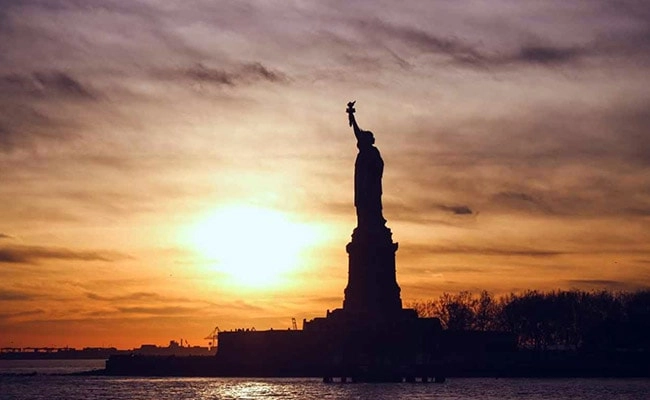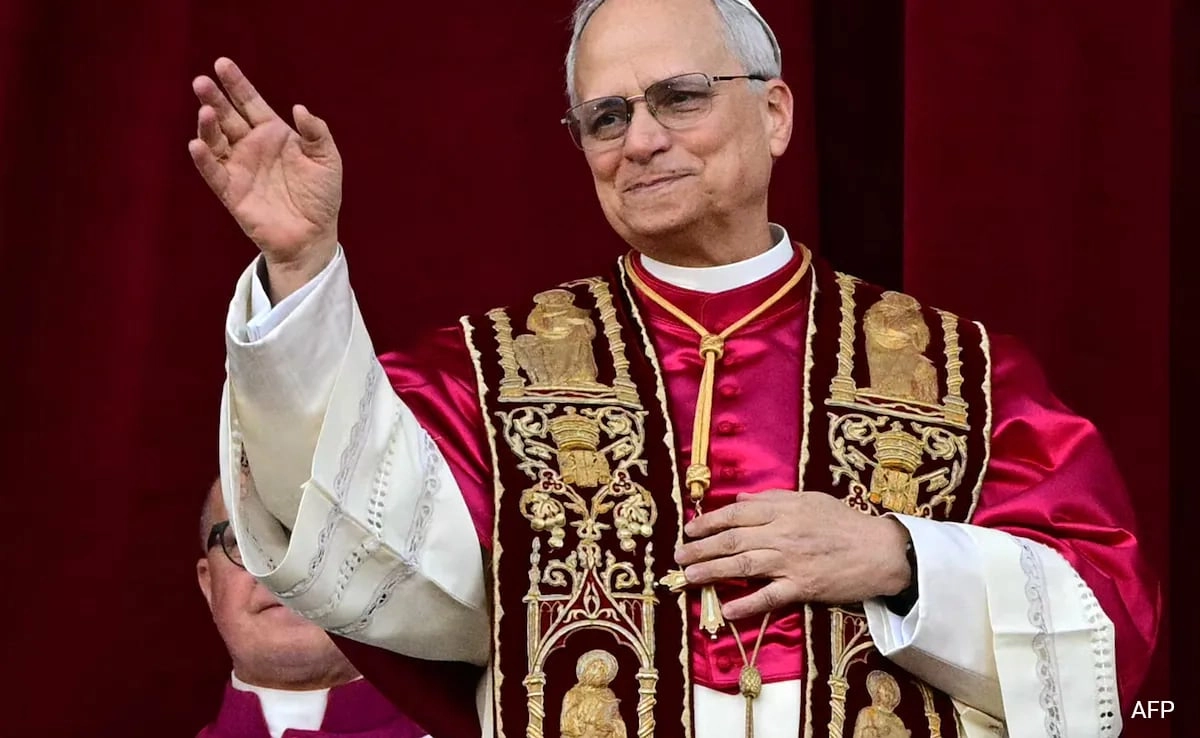French politician Raphael Glucksmann recently stirred the pot with his provocative statement, “Give Us Back the Statue of Liberty.” This remark, made in a political context, reflects a broader sentiment about cultural heritage, national identity, and the complexities of international relationships. The Statue of Liberty, a symbol of freedom and democracy, was gifted to the United States by France in 1886, representing a historical bond between the two nations. Glucksmann’s call for its return can be interpreted as a critique of American policies and practices that he believes betray the very values the statue embodies.
Glucksmann’s statement highlights the ongoing debates surrounding ownership and stewardship of cultural artifacts. In an era where discussions about repatriation and the rightful ownership of historical treasures are gaining traction, his comments resonate with those advocating for a reassessment of how cultural legacies are honored and preserved. By invoking the Statue of Liberty, Glucksmann taps into a rich narrative that questions the responsibilities of nations in maintaining the ideals of liberty and justice, not only within their borders but globally.
Furthermore, Glucksmann’s remarks serve as a reminder of the intertwined destinies of nations and the symbols they cherish. The Statue of Liberty stands as a testament to the ideals of enlightenment and human rights. However, as global dynamics shift and the challenges of modern governance intensify, the question arises: Are these ideals being upheld? In calling for the statue’s return, Glucksmann may be urging a re-evaluation of the relationship between France and the United States, as well as a reflection on what it means to uphold the values that the statue represents in contemporary society.
In conclusion, Raphael Glucksmann’s statement, “Give Us Back the Statue of Liberty,” encapsulates a complex interplay of historical significance, national pride, and the ongoing discourse about cultural heritage. His call can be seen as an invitation to engage in a deeper conversation about the responsibilities nations have toward the symbols they hold dear and the values those symbols represent. It challenges both France and the United States to reflect on their past and present, ensuring that the ideals of freedom and democracy are not merely enshrined in monuments but actively practiced in the policies and actions that define their relationship with the world.




